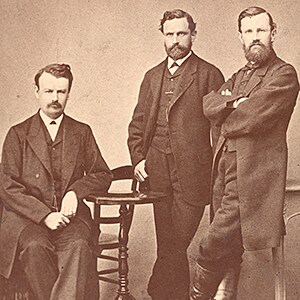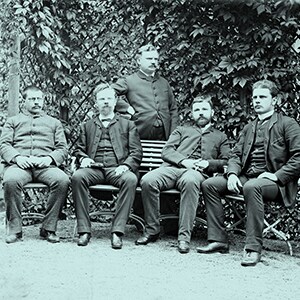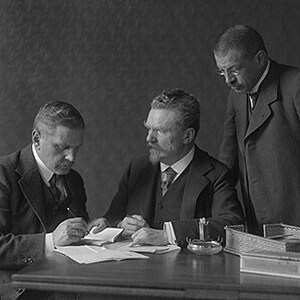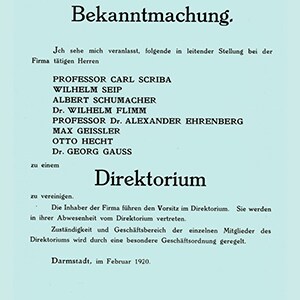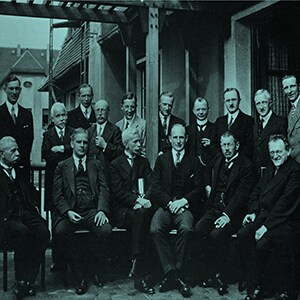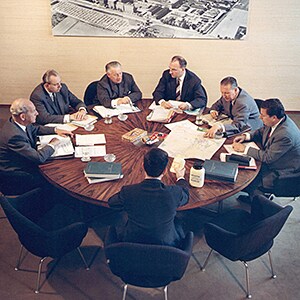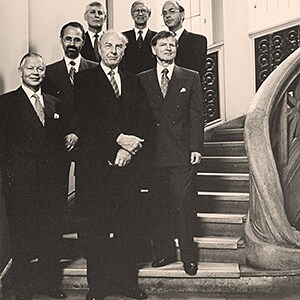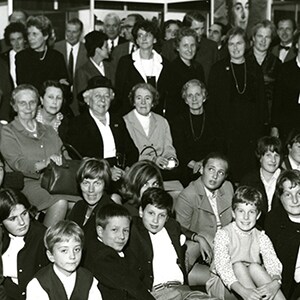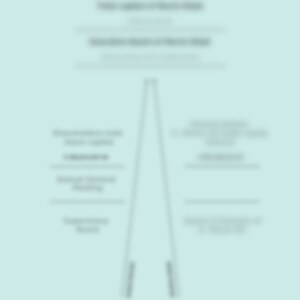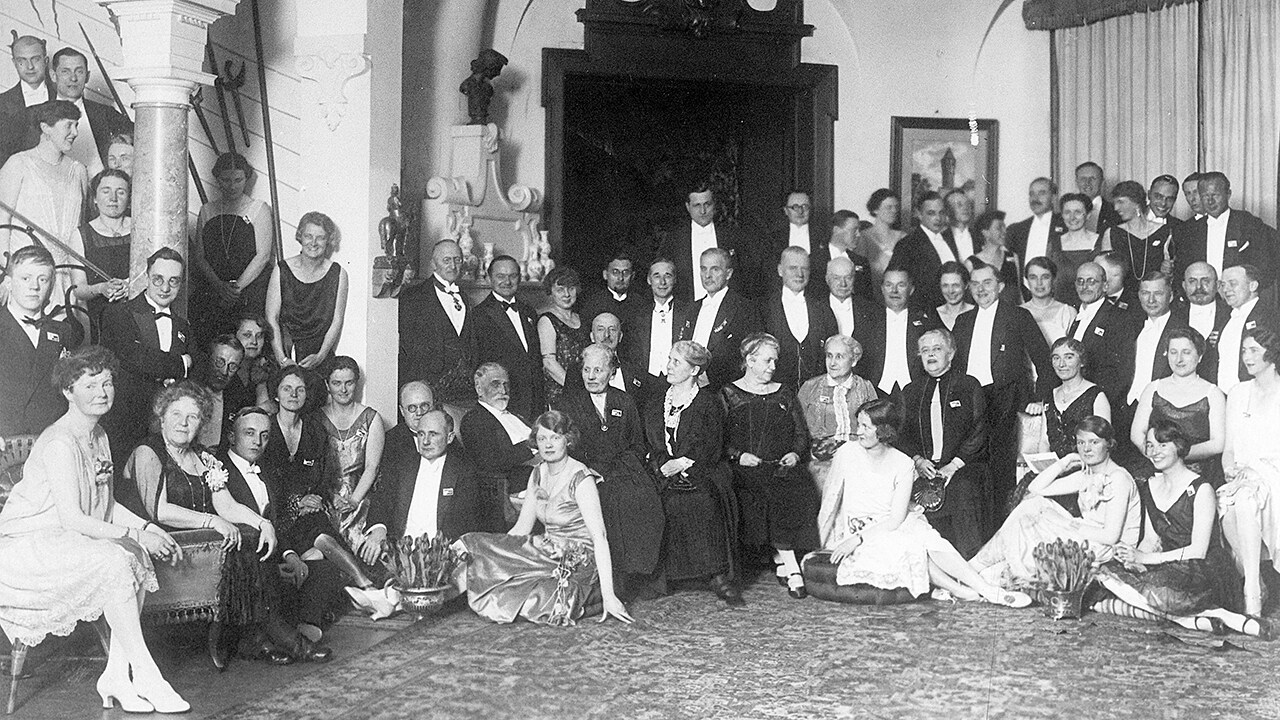
»Families are the most viable social systems in existence.«
Fritz B. Simon, Witten Insitute for Family Business, 2005
A family can be both the best, but also the worst solution for a company. A critical factor for success is that a family knows and respects its own limits – and puts the interests of the company before those of the family.
The greatest weakness of a family-owned company lies in the family itself. That’s because harmony and steadfastness are values that are sometimes more advantageous for a family than for a company. If inner-family harmony is expressed by allowing every family member to be equally active in the company, this can lead to bad decisions if the members of succeeding generations do not have the required expertise or competence. Yet a family also has distinct strengths. The family is an anchor, an island of certainty in a sea of severe conflicts and insecurities. The family is like a lighthouse that can be seen from a far – and navigating with a beacon is much easier. Families offer exactly this feeling of stability and direction.The »family-run company« is an outdated concept, whereas the »family-owned company« stands for the future. Merck KGaA, Darmstadt, Germany, is a good example of this successful interplay. Entrepreneurial success and a strong family are very closely linked. And a strong family exists where the best managers are appointed, even though these managers are to a certain extent only »temporary family members«. This is a highly sustainable, modern approach.
It is important that the family sees itself as an entrepreneurial owner – and not only due to its financial interests. If the family hands over the management of the company to non-family members, then it has to find other ways of maintaining bonds within the family and with the company. The family would lose a great deal if it distanced itself from the company – the true art lies in finding the right balance. Then the »family« will create extraordinary cohesiveness for the company. It brings together the right elements and provides direction with a strong sense of inner purpose and responsibility for employees.
For many decades, E. Merck, Darmstadt, Germany, is a classic family-owned company. The male descendants of Emanuel Merck’s three sons fully manage the company themselves as general partners.
In 1920, the company establishes a Board of Directors, thus enabling non-family members to join the Executive Board for the first time. In this way, the expertise of eight »gentlemen in senior positions with the company« is integrated into the management without relinquishing the status of a family business.
In the period that follows, the family gradually withdraws from the operating business of the company. Since Hans Joachim Langmann’s retirement in the year 2000, no family member has been represented on the Executive Board. Nevertheless, the family continues to make fundamental entrepreneurial decisions through »E. Merck KG« (E. Merck, Darmstadt, Germany).

